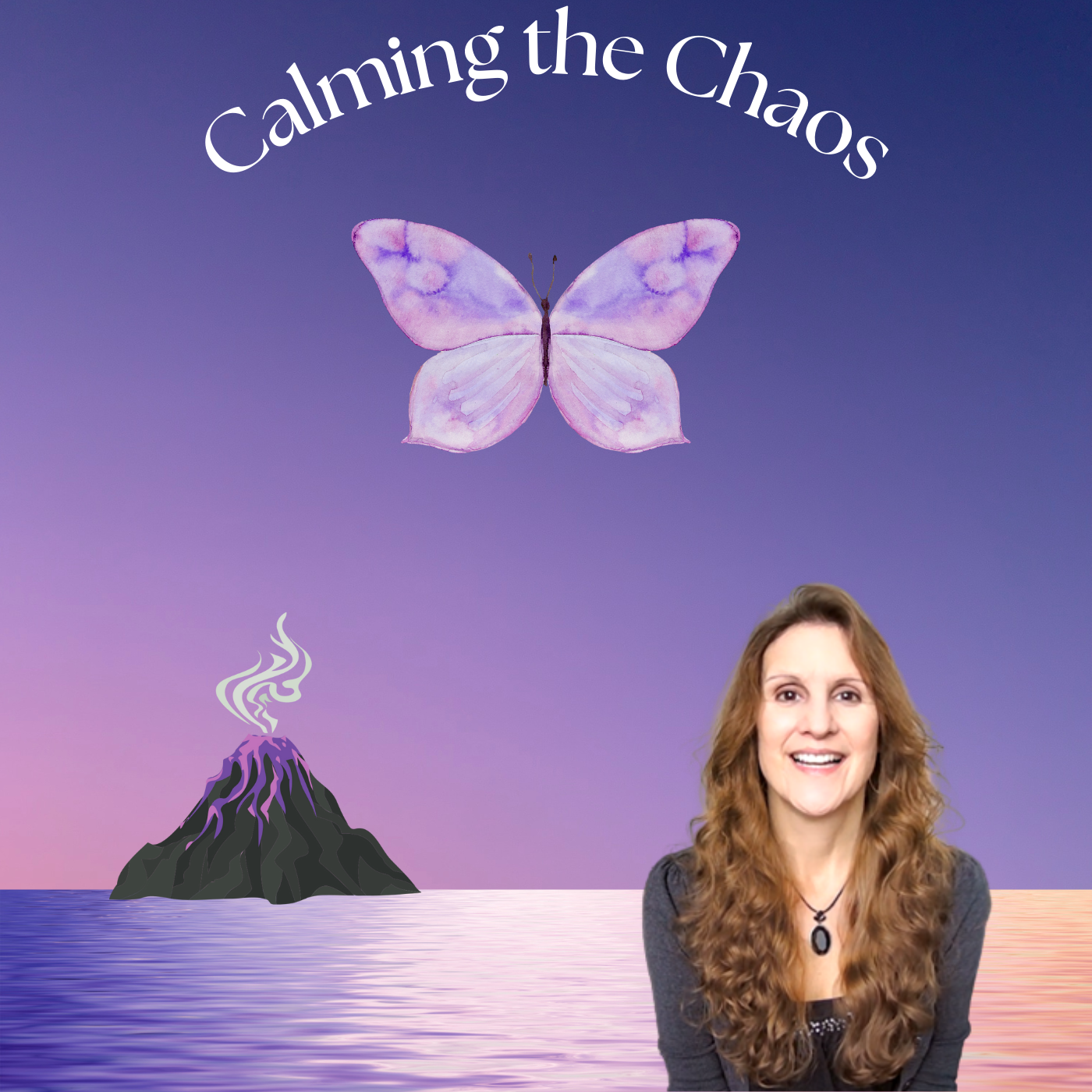Episode 2
Thanking your Mind
Title: ___Thanking your mind ___________________________
It just so happens that this episode is being released on Thanksgiving Day.
For some of us, Thanksgiving is a celebration, where we give thanks by eating food. It also can include spending time with friends and family, watching football, having fun, or maybe even planning for Black Friday shopping.
For other people, this particular holiday can be frightening, frustrating, filled with obsessive thoughts of food, fears of fullness, and feeling fat.
Food and eating can be such a struggle for some people.
If you, or someone you care about is struggling with food, eating or body image, this episode can help you become more mindful about your OWN relationship with food, and possibly lead you toward making a mental shift toward managing your relationship with food more effectively.
Remember, the purpose of this podcast is to get all of us working together to calm the chaos. And I can’t think of anything more chaotic to a person who struggles with food than being with people on Thanksgiving…where it’s all about the food!
Some ways that people struggle with food, eating and body image
They are often struggling with feelings. Painful emotions such as anxiety, fear, sadness and shame, and people use food in a variety of different ways to cope with those feelings.
Example: a person who is anxious or depressed might use drugs or alcohol to cope with painful feelings, some people use food.
Some people avoid food.
Others can’t get enough of it.
Still others eat till they are painfully full and then devise ways to get rid of the food.
The important thing to take away from all of this is that somehow, doing these things with food help the person feel better for a time. However, the long term effects of using food to cope with feelings are often harder to manage and treat than someone who uses drugs or alcohol.
- Scenarios on Thanksgiving
- The Food Police
- The body commenter (good and bad)
- Thoughts, feelings and behaviors (Think, feel, do)
- Thoughts about food lead to feelings, then behaviors with food
- The food pusher
- The Dieter
- Unkind remarks in general (even if not directed at anyone in the room)
- Skills and tools for those who do struggle, and how they can cope:
-
- Prepare before the big day by thinking of possible things that could happen, and ways to cope. Visualize yourself coping well with the worst possible situation
- Keep your confidence
- Be your own best friend
- Don’t forget to use breathing techniques
- Know your zones: scope out the landscape, and safe spots
- Use mindfulness to notice, early on, any signs of panic, fear, sadness, shame.
- Breathe into the feeling. A skill called expanding is where you open up and make room for the feelings, breathe into it, instead of pushing them away.
- Thank your mind…on Thanksgiving….for all the thoughts its giving you. Why? Because it’s trying to help you feel better and protect you from harm.
- Then…ask your mind to take a step back
-
- Pace yourself: go slowly through the process. Treat it as if it’s a normal day. Enjoy food, and be thankful for it. Know your limits. Enjoy the process. Go slowly.
- Choose your battles wisely…if at all. Cope ahead for this – DBT skill
- BE THANKFUL! This is the purpose of the day. Be thankful for something.
- Skills and tools for those who don’t struggle, and how they can be more supportive:
Learn about eating disorders – https://www.nationaleatingdisorders.org/
so that you will recognize the signs when you see them
Know the difference between myths and facts.
Set aside some time to have a private conversation – be prepared for it to be difficult
Express your love and support.
Share your own difficult experiences and painful emotions, or with food.
Suggest that the person seek help from a physician and/or therapist. Eating disorders are complex illnesses and require treatment from professionals.
Try not to ignore the problem. Confronting in a caring way, not judging, trying to understand.
Set boundaries to preserve your own emotional well-being.
Conclusion: It is so important to recognize what you have in life, and be thankful!
My Website: has a resources page and link to my CD “On This Day,” which teaches you to teach you mindfulness in less than 10 minutes throughout the day. You can also reach the Amazon link at http://bit.ly/onthisdaycd
Appreciative eating: http://bit.ly/appreciativeeating
My open Facebook Group: Do a search on Facebook on “Calming the Chaos,” or reach it directly at http://bit.ly/calmingthechaos1


